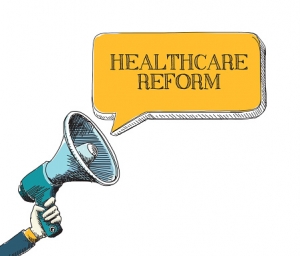ACA
Each year the Department of Health and Human Services (HHS) issues a set of rules referred to as the “Notice of Benefit and Payment Parameters.” This set of rules generally addresses changes and new requirements that apply to certain provisions of the Affordable Care Act (ACA).
Insurance companies are concerned that some people are abusing the Special Enrollment Period (SEP) that is available in the individual marketplace. They have indicated at least some people are delaying enrollment in coverage until they get sick, applying for coverage only once they need it, and then canceling the coverage after treatment. They further argue that there aren’t enough rules in place to verify if a person actually experienced a qualifying event which would trigger a SEP.
- The Cadillac Tax has been delayed by two years until 2020.
Benefits Buzz
Enter Your Email








